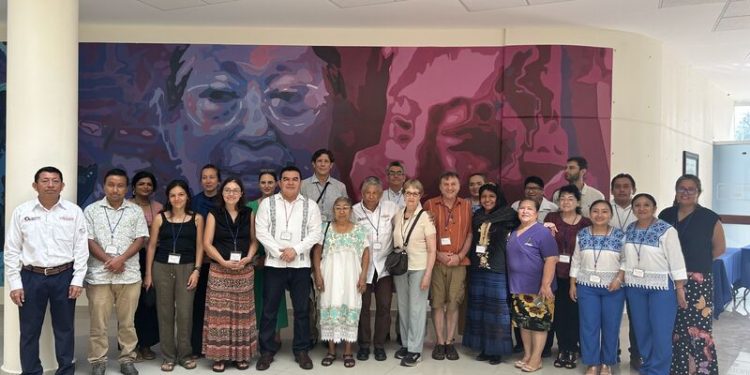Exploring Collaborative Approaches to Tackle Climate Change Challenges
Recently, Oscar E. Ortiz had the opportunity to engage in a thought-provoking meeting organized by the Inter-Cultural Maya University in Mexico, focusing on the inter-cultural co-creation of knowledge. This gathering brought together a transdisciplinary group of individuals aimed at sharing ideas that promote the integration of indigenous and scientific knowledge, as well as other forms of expertise, to foster agricultural innovations tailored for small-scale farmers.
The meeting underscored the importance of combining diverse knowledge systems to enhance the resilience of agricultural practices in the face of climate change and other emerging threats. Participants discussed various concepts and practices that could empower small-scale farmers, providing them with viable options to navigate the uncertainties of the future.
One of the key takeaways from the meeting was the recognition that leveraging indigenous knowledge can yield practical solutions rooted in local contexts, while scientific advancements can enhance efficiency and productivity. The integration of these knowledge forms is crucial for developing innovative strategies that address the unique challenges faced by small-scale farmers, who are often the most vulnerable to the impacts of climate change.
The collaborative discussions produced a wealth of innovative ideas aimed at guiding future efforts in generating the new knowledge required for sustainable agricultural development. These insights are particularly relevant as the agricultural sector strives to adapt to changing environmental conditions and ensure food security for communities around the world.
Through such initiatives, there is potential for transformative change, empowering small-scale farmers to implement adaptive practices that not only preserve their livelihoods but also contribute to a more sustainable agricultural landscape.
Error




